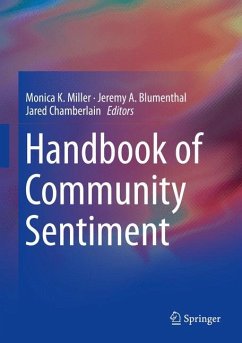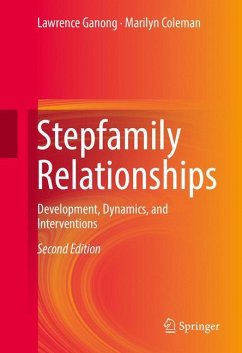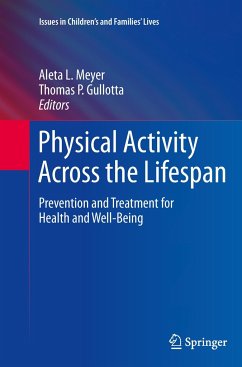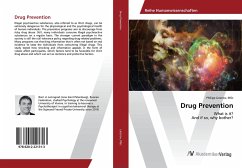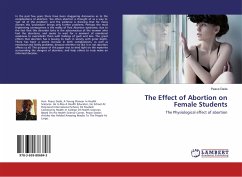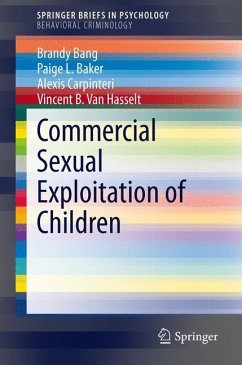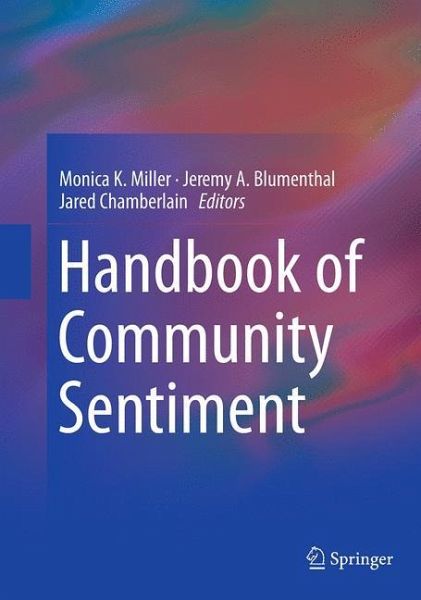
Handbook of Community Sentiment
Versandkostenfrei!
Versandfertig in 6-10 Tagen
151,99 €
inkl. MwSt.

PAYBACK Punkte
76 °P sammeln!
This volume is the most comprehensive reference book on community sentiment available. The classic book about community sentiment is Norm Finkel's "Commonsense Justice: Jurors' Notions of the Law" (1995). A similarly influential book called "Justice, Liability, and Blame" was published at the same time, examining lay sentiment about a variety of criminal issues and suggesting ways in which the substantive criminal law could be reformed in light of such lay responses (Robinson & Darley, 1995). Although these books were influential and important for their time (and since), this Handbook expands ...
This volume is the most comprehensive reference book on community sentiment available. The classic book about community sentiment is Norm Finkel's "Commonsense Justice: Jurors' Notions of the Law" (1995). A similarly influential book called "Justice, Liability, and Blame" was published at the same time, examining lay sentiment about a variety of criminal issues and suggesting ways in which the substantive criminal law could be reformed in light of such lay responses (Robinson & Darley, 1995). Although these books were influential and important for their time (and since), this Handbook expands significantly on them, both by updating research since that time and broadens the scope of topic areas to ones that are not limited to trial and criminal justice issues. Each chapter is original/unpublished and focuses on an area related to children/families, many of which are "hot topic" areas in the news and courts today. For instance, the U.S. Supreme Court decided a case in June 2012 about the constitutionality of "life without parole" for juvenile offenders-a topic discussed in the Fass and Miora chapter. Thus, it is of interest to those interested in family law topics as well.





